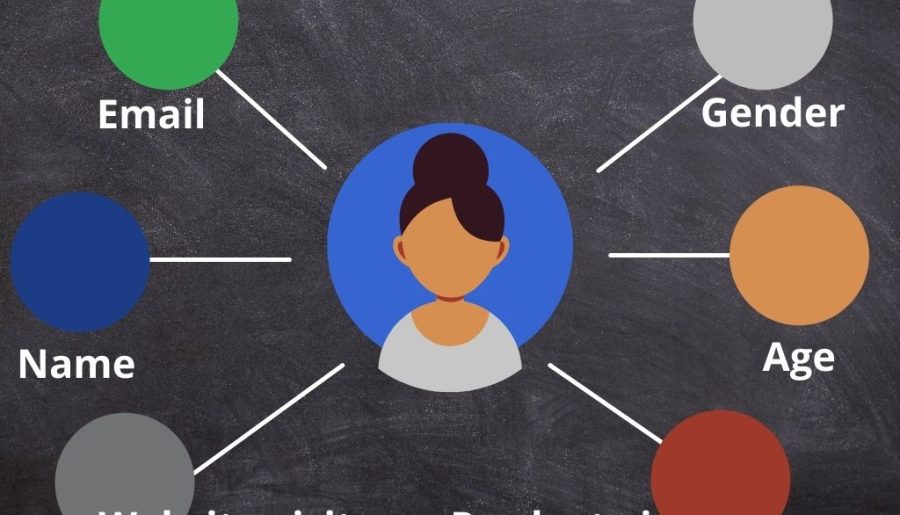Contents
What is Customer Data Management?
Customer data management is a process that involves collecting customers’ data from multiple sources. It also allows storing, organizing, and analyzing data as well as monitoring interactions of each customer. With customer data management (CDM) companies build a reliable customer database.
CDM aggregates data and gives companies a unified view of customers which results in increased quality of data. It also provides a context about users who can possibly turn into customers in the future.
Advantages of Customer Data Management
Collecting information can serve in many beneficial ways.
Following best practices for customer data management allows companies to:
- Improve awareness of their brand
- Attract new customers
- Drive sales
- Improve customer retention
- Build trust and loyalty
- Provide better customer experiences and thus improve their satisfaction
- Build better customer relationships
- Analyze and identify new trends…
Why is Customer Data Management important?
CDM is essential for a better understanding of your customers and developing relationships with them.
When you know who your customers are you can design more personalized targeting for individual customers. You can send customized promotions to your loyal customers with products that fit their needs. Or you can offer discount vouchers to new visitors for the product they are interested in.
With the right set of data, you can also identify products that are making your customers unhappy (for example according to their shopping behavior).
This way you provide customers with a personalized user experience which will lead to their improved satisfaction, engagement, and ultimately increased conversions.
Which Data should you Collect?
You’re probably already collecting some type of data:
Users enter information when they sign up for your newsletter, they hand you their contact information when buying from you (during check out), and so on.
But there are more information categories you can gather.
These are the data you should collect from your users:
1. Identity Data
- Customer name
- Contact information (email, phone, address)
- Profession
- Preferred communication channel
2. Transactional Data
- Purchased items
- Date and time of purchase (do they respond to special deals or during holiday seasons?)
- Purchase frequency
- Method of payment
- Ammount of a purchase
- Cart Abandonment
- Product Returns
3. Demographic Information
- Birthday
- Location
- Gender
- Interests
- Income level
4. Online Activity
- Product views
- Website visits
- Registrations
- Social network groups
- Social network interactions
5. Feedback
Feedback is also important in connection with customer data management. It provides valuable information for you to act upon.
You can adjust your current efforts and take the next steps based on the feedback you receive.
What are the places you can get feedback from?
- Survey results
- Customer complaints
- Questions from customers
- Feedback from direct emails
Always keep in mind that all the data you gather must comply with laws and regulations and users have to give you informed consent. You can learn more on this topic in the article: Data Retention + Consent Management.

